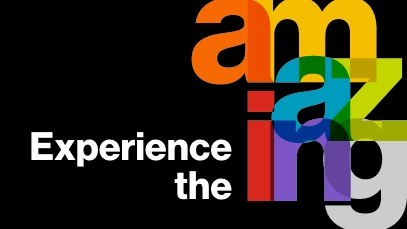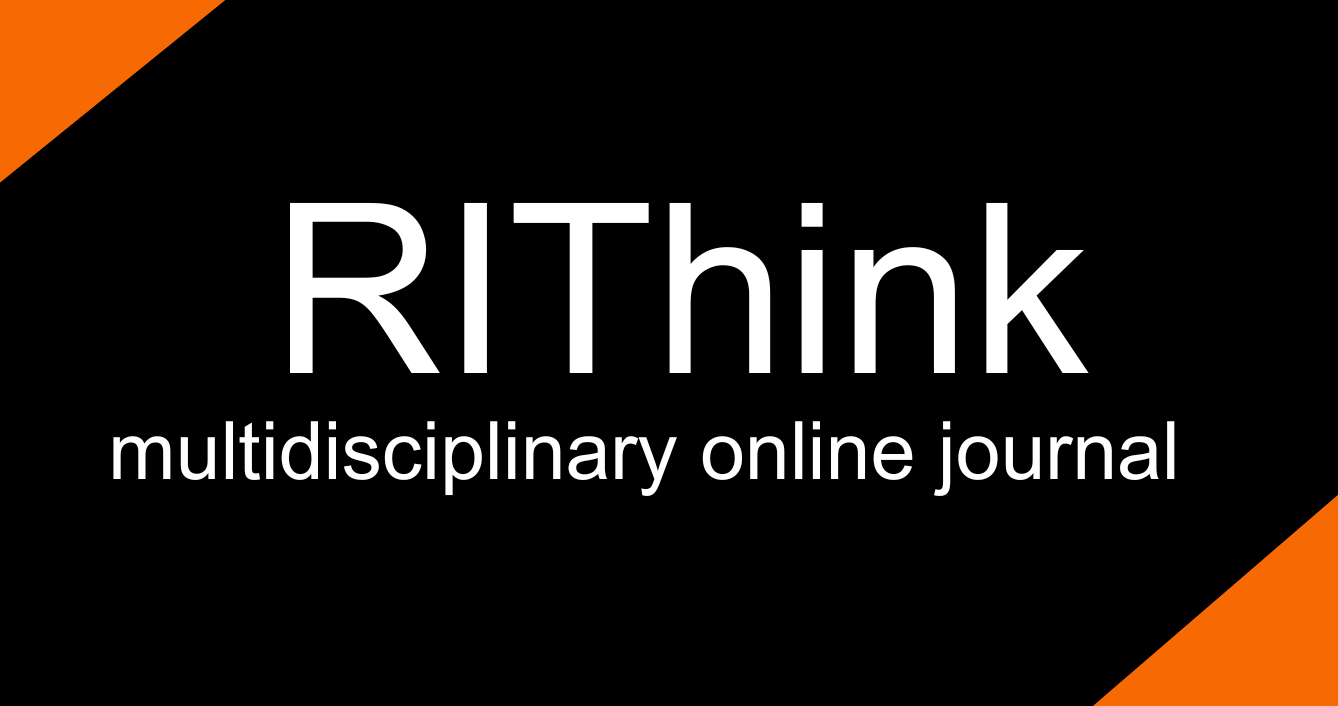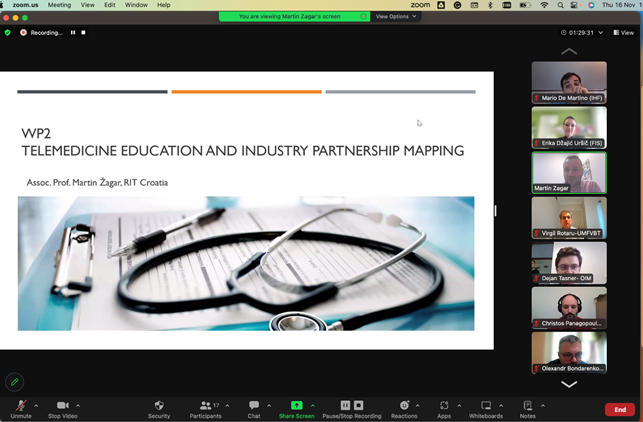TEAM Project: Supporting Innovation in Telemedicine Education with Cross-European Collaboration
The Telemedicine Education Advancement through Micro-credentials (TEAM) project is an international collaborative effort of partners from six European countries: Belgium, Slovenia, Croatia, Greece, Ukraine, and Romania. The project is marking a significant milestone for RIT Croatia as it spearheads innovations in telemedicine on behalf of Croatia within the European Union's Erasmus programme.
In light of the European telemedicine market’s rapid growth, projected to escalate from €11.6 billion in 2020 to €27 billion by 2025, TEAM addresses a critical barrier: the shortage of IT training among healthcare providers. The European Commission and the World Health Organization have both stressed the necessity of structured telemedicine training to fully leverage this burgeoning sector.
Led by the project coordinator, the Faculty of Information Studies in Novo mesto (FIS), the inaugural meeting brought together partners from six European countries on November 16, 2023. Dr. Martin Žagar, representing RIT Croatia, presented Work Package 2 (WP2) focused on Telemedicine Education and Industry Partnership Mapping, setting the groundwork for upcoming project activities.
"The TEAM project is a significant stride for RIT Croatia, representing our commitment to shaping the future of telemedicine education. It aligns with the EU's call for collaborative efforts to bolster healthcare services through digital innovation," stated Dr. Martin Žagar, highlighting the importance of this initiative for the institution.
The TEAM project aims to revolutionize digital health and telemedicine education by developing flexible learning pathways that align with global best practices. It focuses on addressing challenges such as limited digital literacy and aims to bolster cross-sectoral collaboration. The initiative is especially pivotal for countries with urgent healthcare needs.
The TEAM project not only signifies a major step forward in telemedicine education but also serves as a beacon of EU-wide collaboration in enhancing healthcare services through digital innovation.







